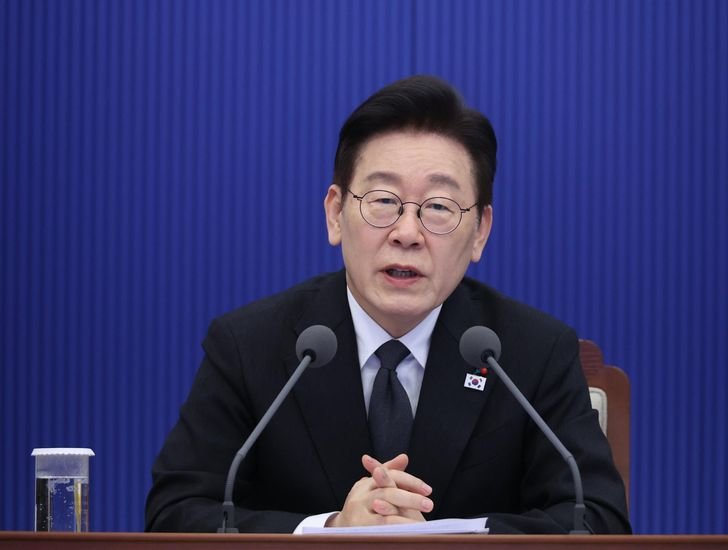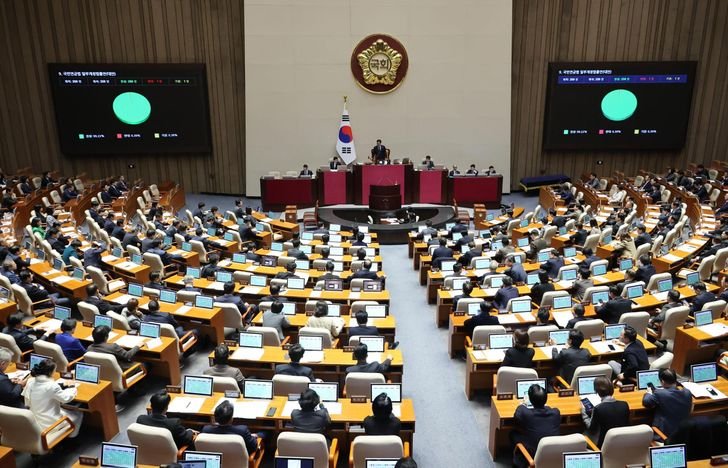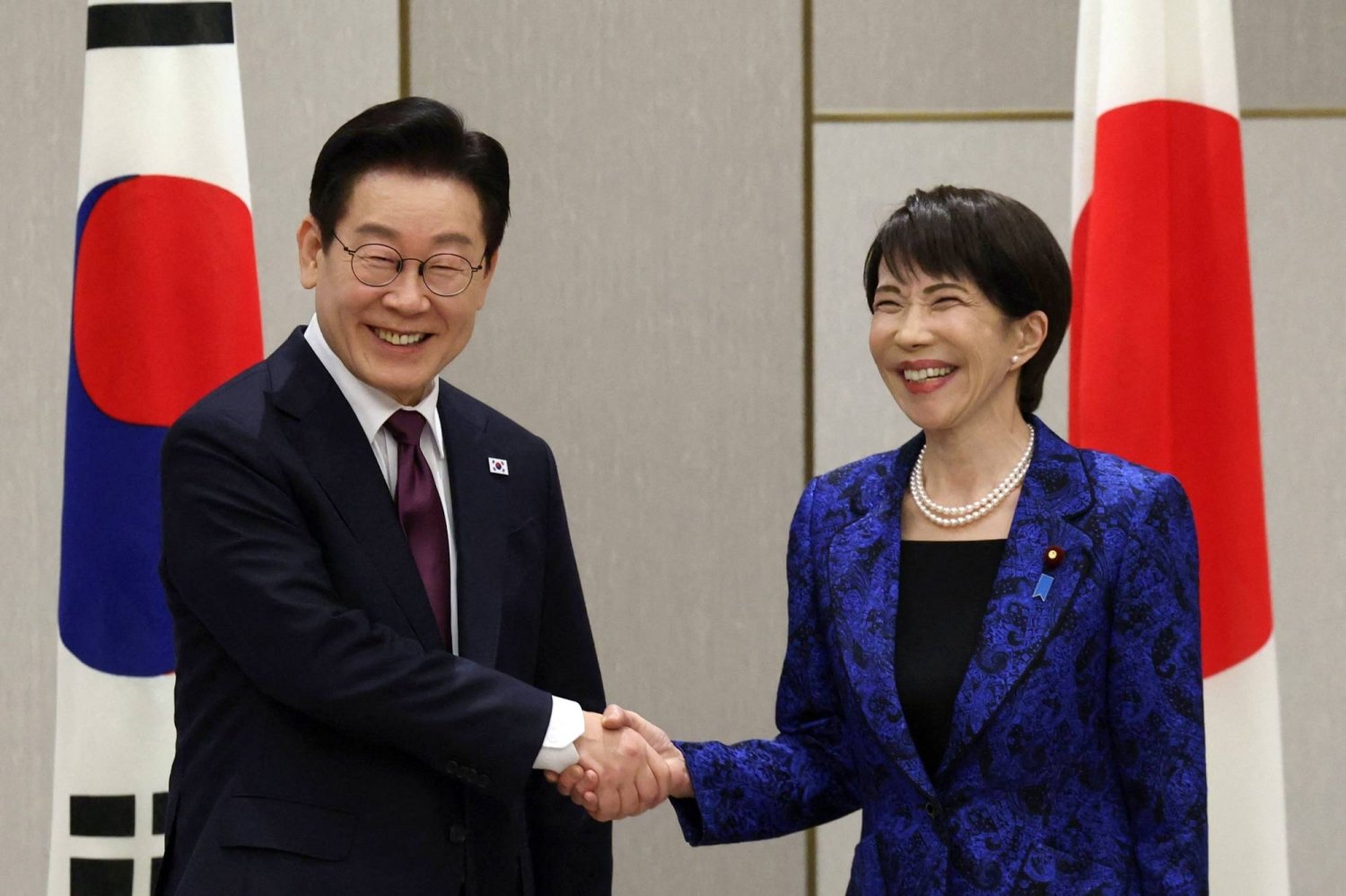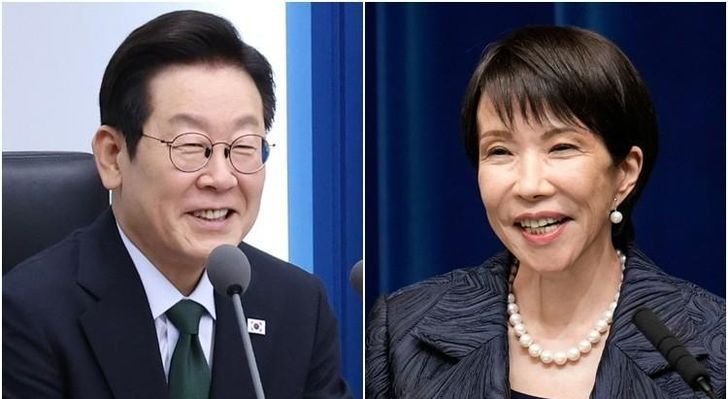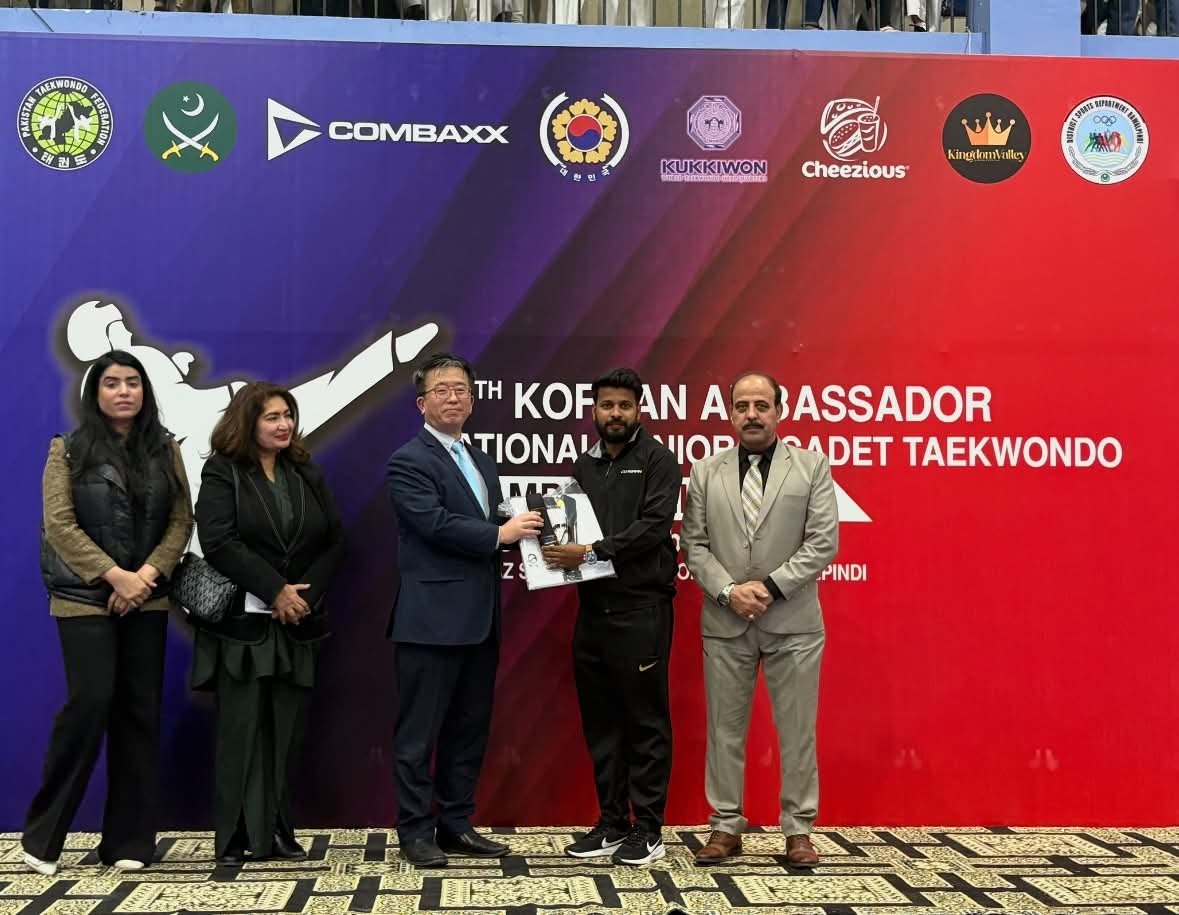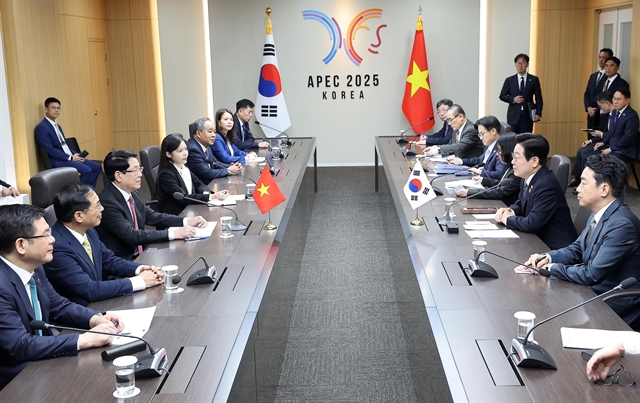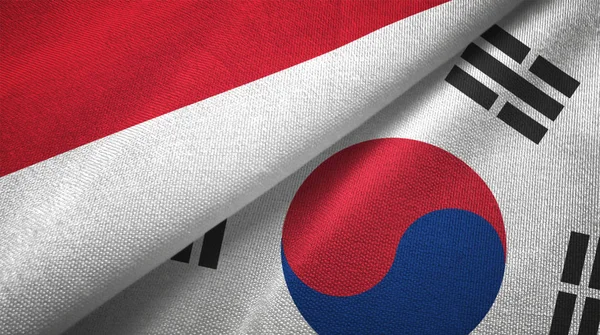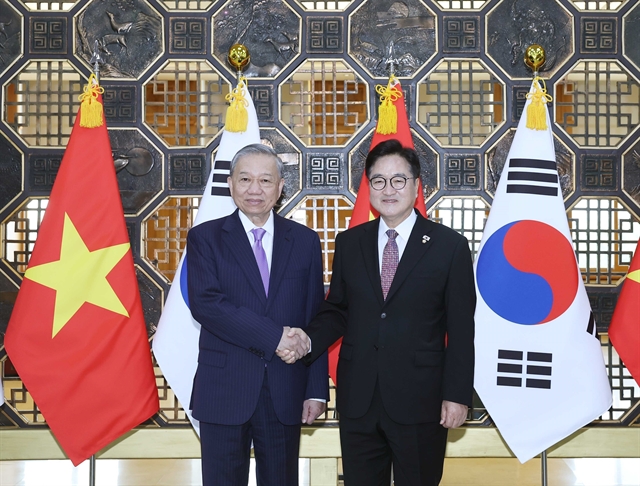Seoul, January 3, 2025 – The Europe Today: South Korean investigators faced significant resistance on Friday as they attempted to execute an arrest warrant for impeached President Yoon Suk-yeol at his residence in central Seoul, according to NHC.
Officials from the Corruption Investigation Office (CIO), accompanied by police, entered the presidential residence to detain Yoon over his controversial attempt to declare martial law. This marks the first time in South Korea’s history that authorities have sought to arrest a sitting leader.
“The execution of the arrest warrant for President Yoon Suk-yeol has begun,” the CIO announced. However, the operation encountered resistance, first from a military unit within the residence and later from members of Yoon’s security team. This standoff follows previous instances where Yoon’s security personnel blocked police raids on the presidential compound.
The arrest warrant stems from Yoon’s failed martial law declaration on December 3, which briefly threatened to upend the nation’s democratic system and drew comparisons to South Korea’s era of military rule. If convicted, Yoon could face severe penalties, including imprisonment or even the death penalty.
Senior CIO prosecutor Lee Dae-hwan led the investigation team past heavy security barricades, but their progress was impeded inside the residence. Yonhap reported that it remains unclear which military unit blocked the investigators on this occasion.
Yoon’s legal team strongly criticized the arrest attempt, labeling the warrant “illegal and invalid.”
“The execution of a warrant that is illegal and invalid is indeed not lawful,” Yoon’s attorney, Yoon Kap-keun, declared, adding that they would pursue additional legal actions against the move.
The escalating tensions have drawn widespread attention, with over 2,700 police officers and 135 police buses deployed to maintain order around the presidential compound. Streets in the area were lined with dozens of police buses as authorities worked to prevent clashes between Yoon’s supporters and opposing demonstrators.
The unfolding situation highlights the deep political divisions in South Korea and poses a significant test for its democratic institutions. Further developments are awaited as investigators work to enforce the warrant and navigate the legal and security challenges surrounding the case.

